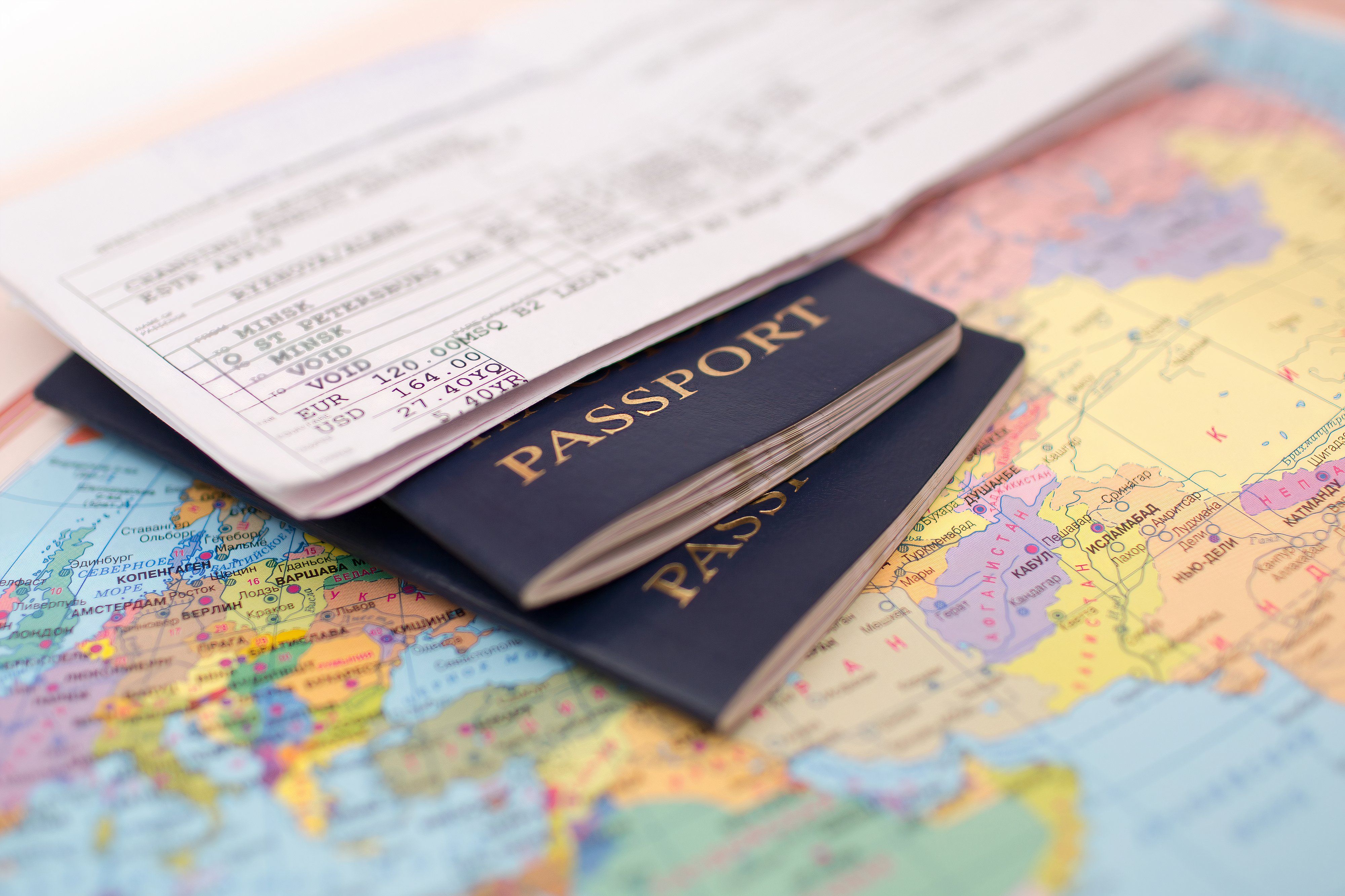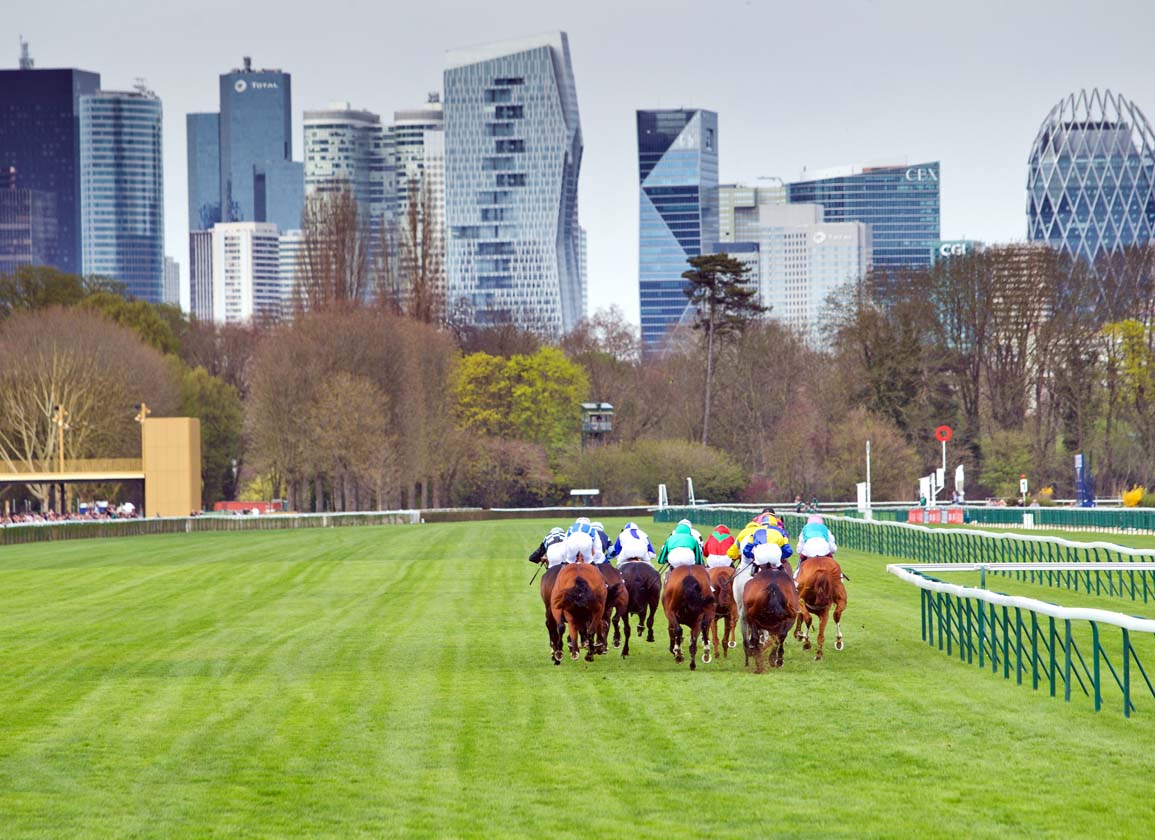Travel
Kirstie Allsopp defends letting son go travelling around Europe aged 15

The TV presenter Kirstie Allsopp has defended her decision to let her 15-year-old son Interrail across Europe without her, on grounds that she worries more about “cars and drugs” than travel.
Allsopp’s news sparked controversy on social media, with some people opining that her son, Oscar Hercules, who turns 16 on Wednesday, was too young to travel around Europe for three weeks with a teenage friend.
She told the BBC Radio 4 Today programme: “He’s a very sensible young man, he’s never been in trouble at school, so when he said he wanted to do this I thought: ‘Right, OK, good on you.’
“I struggled on an emotional level because I knew I’d be not seeing him for quite a lot of this summer, and he’s only got two more years of school and then he’ll be at university. As a parent there’s always that thing of: ‘Oh I want to be with my child,’ or ‘Is it good for them to do their own thing.’”
She added that she was more fearful of the risks of her son getting in a car driven by a newly qualified driver or going to a music festival, where drugs would be in circulation.
The Location, Location, Location presenter was asked whether she would permit a daughter to do the same, to which Allsopp said she would have made “exactly the same” call.
“Girls face different dangers, but statistically boys are more at danger from violent attacks from strangers. The dangers girls can come across as we all know are often from people they know,” she said.
Allsopp said she believed that there was a misconception among many parents that the world had become more dangerous. She said she was influenced by having read Factfulness by the Swedish academic Hans Rosling, which emphasises the importance of looking at evidence.
She added that “in previous generations people did things far younger”, noting that her father-in-law had joined the Arctic convoys at 16, her mother had gone to university in South Africa at 15, and another relative had joined the army at 17.
“We are looking at a mental health crisis with young people … We have to ask ourselves, how much of this is because of our fear and our worry?”










